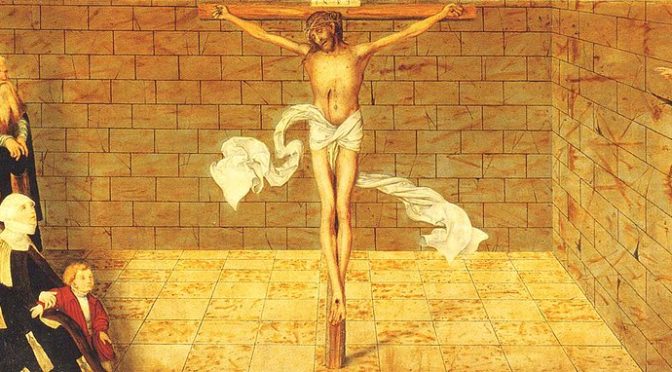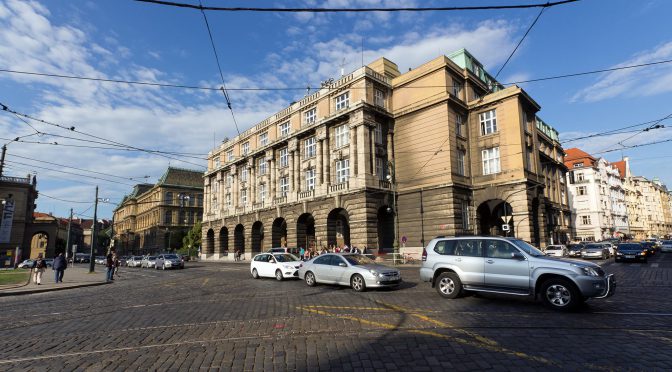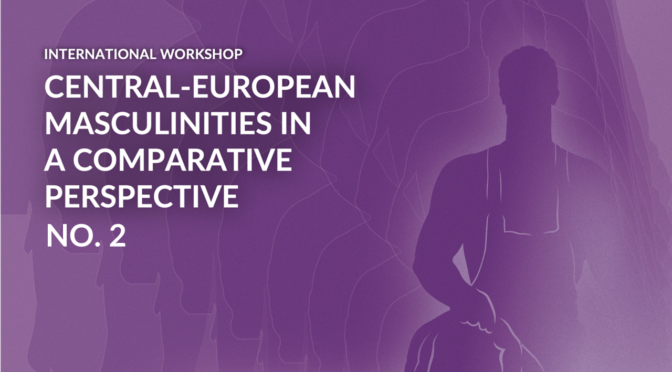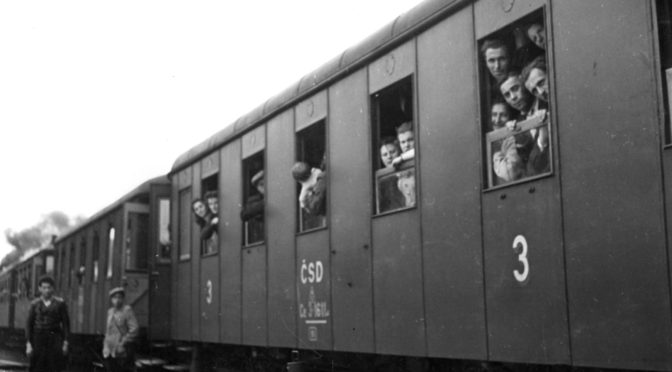The first international conference organized in the frame of the VOICE excellency research center by the Institute of Romance Studies and the Institute of Philosophy and Religious Studies of the Faculty of Arts, in celebration of Charles University’s new membership within the Agence universitaire de la francophonie. The conference has received the patronage of Roland Galharague, Ambassador of France in the Czech Republic.
Date & Venue: 1-2 December, Faculty of Arts, room 300(náměstí Jana Palacha 2, Prague 1)
Language: French
Partners : FF UK, VOICE, CEFRES, French Institute in Prague, French Embassy in the Czech Republic, Agence universitaire de la francophonie, University of Cambridge, Panthéon-Sorbonne University, École Normale Supérieure in Lyon, Paris-Sorbonne University, University of Paris X-Nanterre, Reims Champagne-Ardenne University, University of Clermont-Auvergne, University of Limoges, University of Picardie Jules Verne, Masaryk University (Brno).
See also the website of the conference.
Twenty-one scholars in philosophy, literary studies and art history will tackle the topic of “emotions”, their sources, expression, transmission and conceptualization. Papers will be grounded in French-written literature and philosophy from all around the world, from Renaissance to today.
Program
Friday 1 December
8:30-9 am Opening Remarks (Faculty of Arts, room 300)
9-10:30 am
Panel I: Philosophy I
Discussant: Ondřej Švec
- Denis KAMBOUCHNER (Paris 1 Panthéon-Sorbonne): L’héritage cartésien dans les théories modernes des émotions
- Pierre-François MOREAU (École Normale Supérieure de Lyon):
Politique des affects
Coffee break
10:45-12:45 am
Panel II: Philosophy II
Discussant: Chiara Mangozzi
- Ian JAMES (University of Cambridge): Affectivité, sens et affects : les émotions comme articulation de la vie biologique
- Véronique Le RU (Université de Reims Champagne-Ardenne):
Individuation et affects : les rythmes de l’empathie
- Ondřej ŠVEC (Charles University): L’historicité radicale des émotions
1-2 pm
Lunch break
2:30-6 pm
Panel III: French literature of the 17th and 18th century
Discussant: Catherine Ébert-Zeminová
- Záviš ŠUMAN (Charles University) : Catharsis : essai de légitimer la fiction théâtrale au XVIIe siècle en France
- Camille Guyon-Lecoq (Université de Picardie Jules Verne) :
Sensibilité à la douleur et compassion chez Robert Challe voyageur : de l’expérience de l’attendrissement à une réflexion sur la nature humaine
- Céline BONHERT (Université de Reims Champagne-Ardenne):
Émotion et décision dans les livrets de Philippe Quinault : la tragédie en musique et les passions du prince
- prof. Jean-Louis HAQUETTE (Université de Reims Champagne-Ardenne): “Notre âme est un tableau mouvant”. Énergétique des émotions et puissance de l’image chez Diderot
Saturday 2 December
9-11 am
Panel IV: French literature of the 19th century
Discussant: Jovanka Šotolová
- Pascale AURAIX-JONCHIÈRE (Université Clermont-Auvergne) :
L’expression des émotions, un paradigme structurel dans les nouvelles de Jules Barbey d’Aurevilly
- Cécile GAUTHIER (Université de Reims Champagne-Ardenne) :
Barbarie, émotion et altérité : les affects “excessifs” de la slavité fin-de-siècle
- Eva VOLDŘICHOVÁ BERÁNKOVÁ (Charles University) :
La valeur cognitive des passions dans “le système symboliste”
Coffee break
11:15-1:15 pm
Panel V: Literature of the 20th century – theoretic approaches
Discussant: Clara Royer
- Alexandre GEFEN (Université paris IV-La Sorbonne): Le tournant affectif des études littéraires : bilan et perspectives
- Anne-Élisabeth HALPERN (Université de Reims Champagne-Ardenne): “Cette émotion appelée poésie” (Reverdy)
- Sylviane COYAULT (Université Clermont-Auvergne): Article 353 du code pénal de Tanguy Viel, ou la tenson entre la loi et les affects
1:30-2:30 pm
Lunch break
3-5 pm
Panel VI: Post-colonial and diaspora literature I
Discussant: Eva Voldřichová Beránková
- Petr KYLOUŠEK (Masaryk University): Ariel et Caliban : double discours de la diaspora haïtienne de Montréal
- Chiara MENGOZZI (CEFRES, Université Charles): Aux frontières de l’humanité: (in)efficacité de l’empathie et de l’expérience esthétique
- Jean-Michel DEVÉSA (Université de Limoges) : L’Amère Souffrance des enfants de la (post)colonie
Coffee break
5:15-6:45 pm
Panel VII: Post-colonial and diaspora literature II
Discussant: Milena Fučíková
- Petr VURM (Masaryk University): 1984-2084. Faux-semblants révélés, émotions refoulées : les émotions à l’âge totalitaire chez George Orwell et Boualem Sansal
- Vojtěch ŠARŠE (Charles University): La manifestation collective du sentiment de la tristesse dans l’Afrique romanesque





